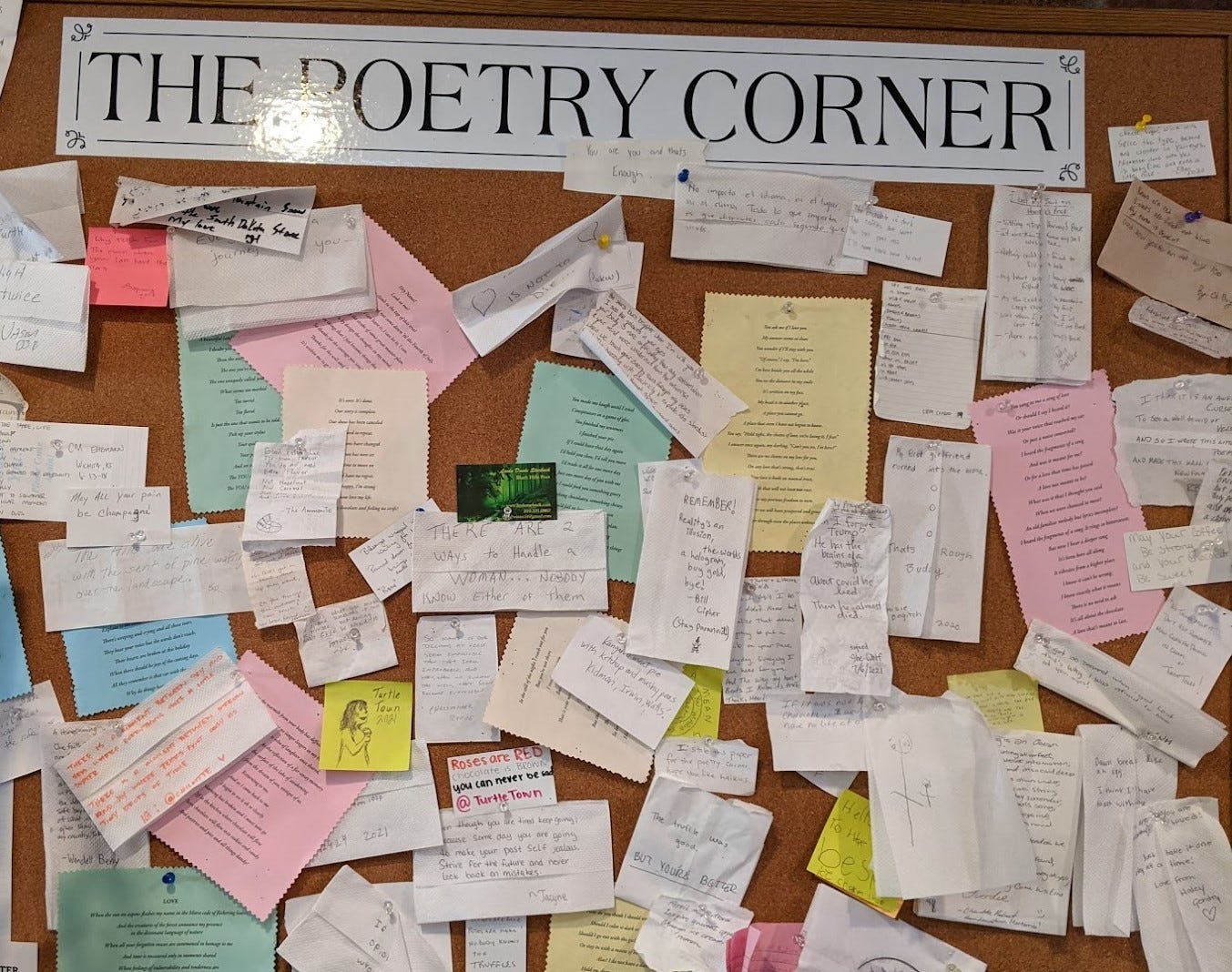At the precipice of not-English.
When the language dies in front of you.
For years I’ve been growing more confused as I watch television.
Maybe that’s good; the way things are headed, today’s television programming probably shouldn’t make sense.
For starters, I don’t recognize the “famous” people in the ads.
“Drink this or wear this. Eat this sandwich based on my stiffly awkward…

